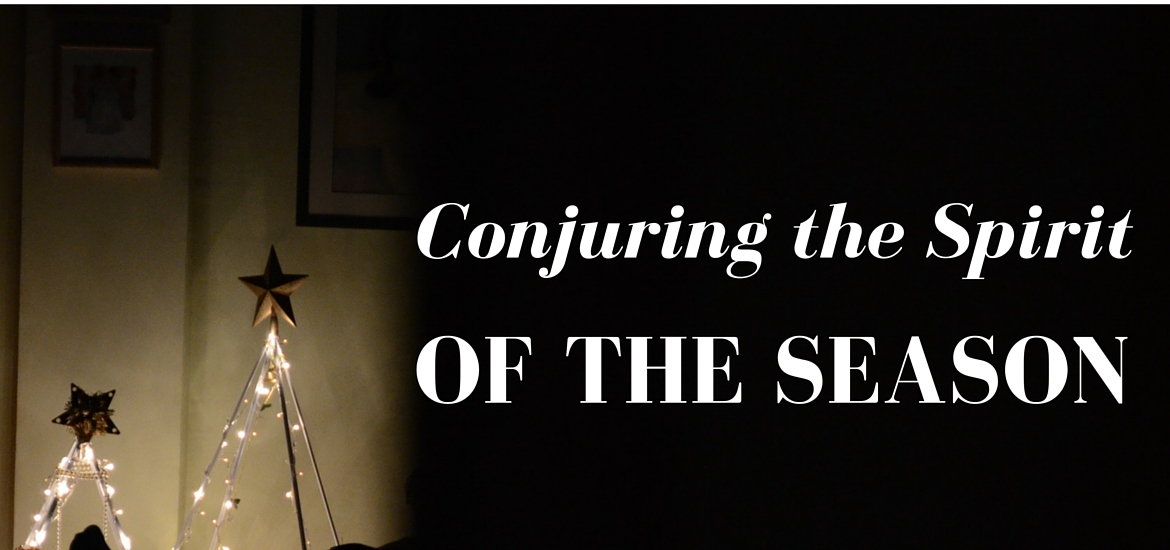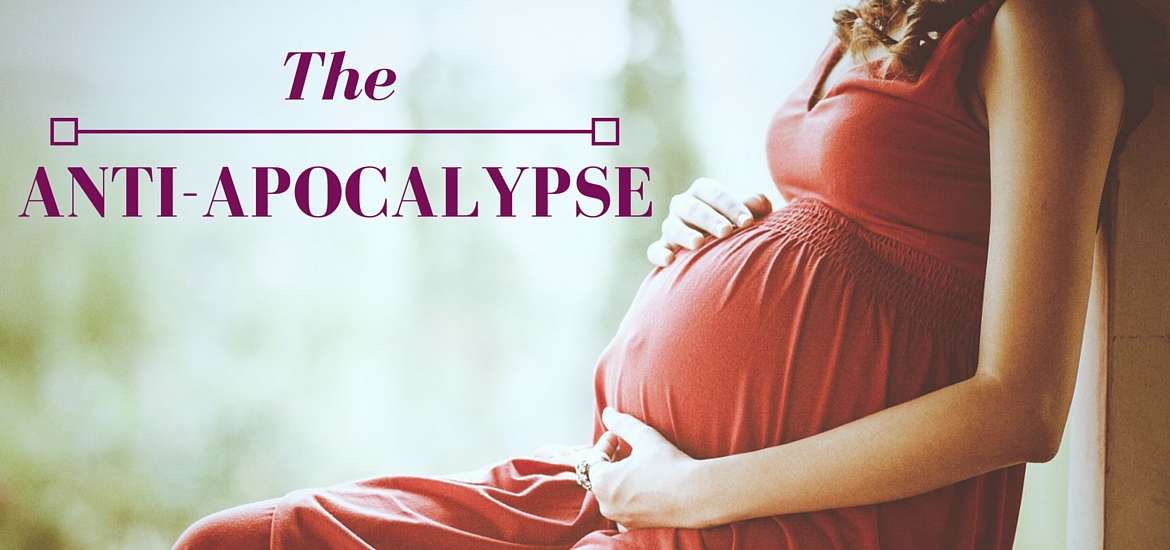I went in to the screening of Room in a sold out theatre. I had never met the man next to me, but by the end we felt like friends, largely because we had spent most of the last two hours crying next to one another.
I can’t speak to what particular images impacted my neighbor so deeply. Yet, considering that Room is a film about an abducted woman and her child who are kept in a shed for years (a circumstance that very few viewers of this film are likely to have experienced), there is something extremely connecting about it. Its themes are universal: the difficulty with transitions, the importance of gratitude, the difficulty and necessity of forgiveness.
Since everything I’m going to reveal is pretty easily discernible from both the trailer and the movie poster, I’m not sure anything counts as a real spoiler, but just in case: here’s your alert.
The first portion of the film takes place in the shed that our protagonists call simply Room. Room is the whole universe; outside of Room is outer space — or at least this is the story that Joy (Brie Larson) told her son Jack (Jacob Tremblay) in order to normalize his childhood and to cope with her reality. Jack treats every item as though it has its own personality; characters created by his mother to ease the loneliness. “Good morning, Lamp,” he starts the day. “Good morning, Chair.”
Joy is in Room against her will and everything there is a reminder of her captivity; every item is necessary and conserved because her captor is not generous; every new addition to the space must be politely requested as though her abuser is her benefactor. It is an understatement to say she cannot wait to get out of Room and into another space. She’s willing to risk everything — her son’s life, her own life — in order to get somewhere else.
And then, miraculously (and it does feel like a miracle, full of more hope than my heart is accustomed to bearing), she gets out. We see her in the clean, well-lit hospital, happy to shed the clothing that her abductor had given her, delighted that someone else has prepared her a meal (and we realize this is likely the first time this has happened in seven years). We see her in the comfort of her childhood bedroom and the spaciousness of her household — we can’t help but notice how many rooms there are here.
It’s in her childhood home that there’s a moment when Joy lands on the couch and bursts into tears. From behind her hands she says to her mom “I don’t know what’s wrong with me. I’m supposed to be happy.”
I lost it.
I feel the same way about my own life transitions, the most recent of which is from seminary to post-graduate life. I had looked forward to being done with classes, had looked forward to being able to do work in the world, had looked forward to being able to write my own pieces instead of what was assigned — and now that I’m here, and I’m not as happy as I thought I would be, and I don’t know what’s wrong with me.
It strikes me that the power of this scene is that it applies to anyone who has ever transitioned; the universal experience of transition is manifested in its essence in this particular transition. We, like Joy, were in a place that we did not want to be; we anticipated escape. And then we’re out of where we were and in a different space, but it’s not what we imagined. We’re supposed to be happy, but we aren’t. And as long as we keep trying to live into what we’re “supposed to be” feeling, we can’t name how conflicted and ambivalent we really are. We would never dare admit that on some level we miss the routine and familiarity of the place we once were captive. We’re unable to integrate the blessings and curses of our captivity into our present life, and to the extent that we cannot bear that complexity, we are held captive by it. Until we are able to bless the complexity our experiences, we’re held captive by them.
We’ve all been Joy on the couch, wondering why we aren’t happy. We’ve all been wandering in the desert, wondering why we ever left Egypt.
In the end, it’s Jack who is able to name what he needs, who is able to ease the transition. He asks to go back to Room, to visit; we get the sense that Joy would never have done this otherwise. While Joy lingers right outside the Room, Jack enters into its familiar corners. He notices that it’s smaller; he’s able to see it with new eyes, a clear sign that his transition is well underway and that there is no going back. When it’s time to go, he gently touches everything as he leaves it, with the tiniest benediction: “Goodbye, Chair. Goodbye, Wardrobe. Goodbye, Room.”
Jack knows he can’t stay in the nostalgia and safety and familiarity of Room. He knows it’s time to go, and I believe he actively desires to go — to play with his friend, to run with dogs, to explore the world that is now open to him. And yet, the leaving does not diminish his gratitude and affection for what he leaves behind. He is able to bless what his life was even as he moves forward into what his life is.
Perhaps, he must bless what his life was in order to move into what his life could be.
Through Jack’s eyes, Joy is able to see Room with tenderness. Yes, it was a prison, it was the site of countless rapes, it was the site of the death of her firstborn. And, it was in that prison that she bore her son, that she taught him to read and to bake, that she breastfed him and bathed with him with an intimacy that the world was not present to scrutinize, that they shared good and beautiful moments of play and tenderness.
When Joy, at her son’s urging, finally says goodbye to Room, we know that she has begun to receive the blessings that it offered her. She has begun to bear the complexity of the place. It’s the same moment that she begins, perhaps for the first time, to truly cease to be its captive.



![Christian (Anti)Materialism - [Literate Theology]](https://kateraedavis.com/wp-content/uploads/2015/12/christian-antimaterialism-1.jpg)













